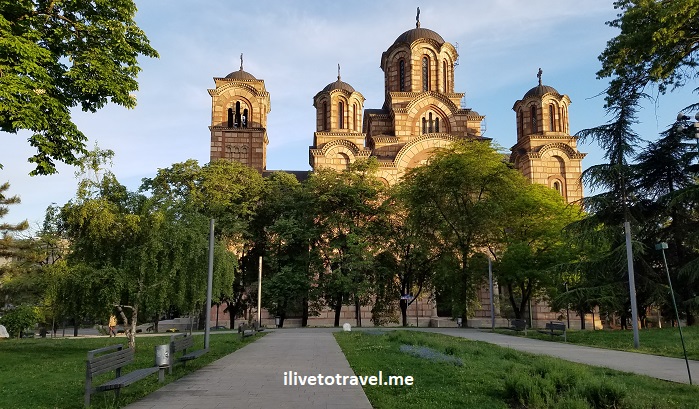Belgrado
-
9 Cool Places to See in Belgrade, Serbia
More Details: 9 Cool Places to See in Belgrade, SerbiaSerbia is in a unique spot in what seems to be where Central and Eastern Europe meet. It very likely is not in the top 10 target destinations for someone from North America but, of course, that means nothing to me: I had in on my list of places to see (it is a very…
